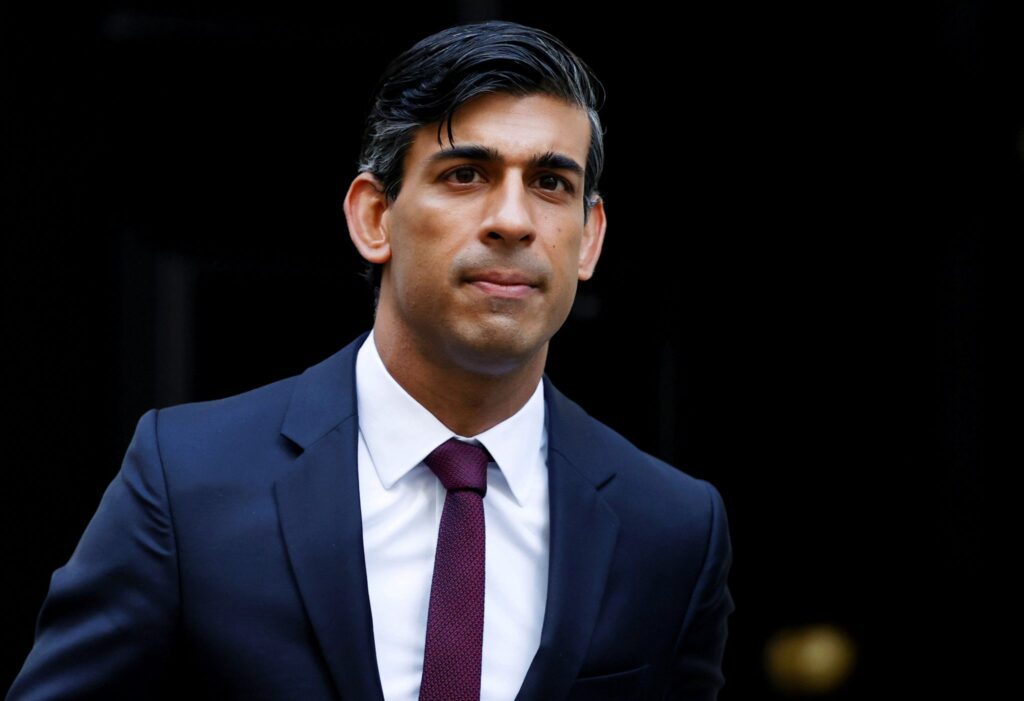Judges to decide whether revoking citizenship of teenager who joined Islamic State was unlawful
Shamima Begum, who left the UK as a 15-year-old schoolgirl to join Islamic State is to find out whether her appeal against the removal of her UK citizenship has been successful.
Three court of appeal judges, including the chief justice, Sue Carr, will rule on Friday whether the home secretary’s revocation of her citizenship, on the basis that it was “conducive to the public good”, and the special immigration appeals commission’s (Siac) ruling to uphold his decision, were unlawful.
At the appeal hearing in October, Begum’s lawyers argued that the then home secretary, Sajid Javid, had failed to consider whether she had been groomed and trafficked and so had breached anti-slavery protections in British law.
The Siac ruled in February last year that there was credible suspicion that Begum “was recruited, transferred and then harboured for the purpose of sexual exploitation” but that the home secretary had broad discretion in making the decision.
Begum left her home in east London in 2015 with two school friends to travel to Syria, where she married the Dutch national Yago Riedijk, 27. Shortly after she was found in a refugee camp in 2019, Begum was stripped of her citizenship and banned from entering Britain.
In written submissions for October’s hearing, her lawyer, Samantha Knights KC, said: “The appellant’s trafficking was a mandatory, relevant consideration in determining whether it was conducive to the public good and proportionate to deprive her of citizenship, but it was not considered by the Home Office. As a consequence, the deprivation decision was unlawful.”
Sir James Eadie KC, for the Home Office, said Javid “was well aware of the possibility that she [Begum] may have been ‘manipulated or radicalised’ prior to her travel. The only question which therefore remained was what weight to attribute to these factors. That was a matter for the secretary of state.”
The court of appeal case is the latest in Begum’s long-running legal battle against the UK authorities, which has attracted widespread attention and cast a spotlight on their approach towards citizens in refugee camps in north-east Syria. The UK has allowed just two adults to return since the end of the ground war against Islamic State more than four years ago, lagging behind allies such as Australia, Canada, France and Germany.
The US, some security experts and senior Conservatives, have been among critics of the UK’s approach.
Begum is the most high-profile of those held in camps run by the Kurdish administration. She has been vilified by the rightwing press, while the former director of public prosecutions of England and Wales, Ken Macdonald, among others, accused Javid of revoking her citizenship to bolster his ambitions to be prime minister.
In the past, Begum has described conditions at al-Roj, where she is being held, as “worse than prison” because there is no limit to the length of her detention. Three of her children have died while in Syria, the last shortly after Javid informed her family that her British citizenship was being revoked.
Even if Begum’s appeal is successful, it does not mean she can return to the UK. Notwithstanding a likely government appeal for the case to be considered by the supreme court, several British women detained in north-east Syria retain British citizenship but have not been repatriated.
If Begum loses, her legal team could attempt to appeal to the supreme court, meaning that, whatever the decision on Friday, it will not be the final chapter.
Guardian



